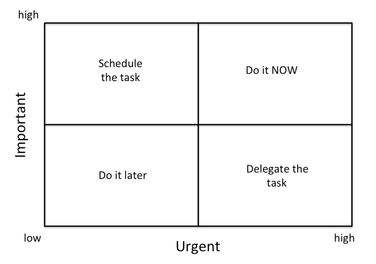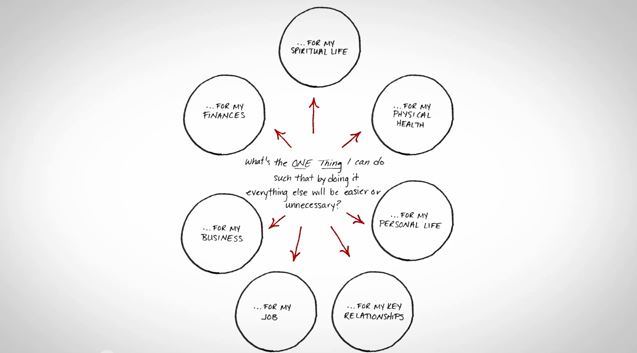Procrastination is a dream killer. The goals, desires, and dreams we have can become reality once we overcome our procrastination. In this post, we’ll share 5 simple ways you can stop procrastinating for good.
1. Forgive yourself
As humans, we can’t expect ourselves to be perfect all the time. There will be times when we slip and fall, and instead of letting one moment bring us down, we should forgive ourselves and move on.
The language we use is often key here, and most of us are harder on ourselves than we think. While it’s important to have high expectations for ourselves, it can also be damaging.
Instead of saying “I’m so lazy…”, try saying “I’m just human, and even the most successful people have bad days.”
Instead of “I’m probably not going to succeed…”, try saying “I’m going to give it my best shot, and in the worst case scenario, I’ll still be fine.”
2. Prepare the night before
Studies have shown that humans have a finite amount of willpower, and procrastination usually comes from lack of motivation.
Preparing for our day the night before allows us to take action from the moment we wake up, instead of being in reaction mode. This is because planning can take up a significant amount of energy that should be used to get important tasks done instead.
The method of preparing will vary from person to person, but my personal favorite is to schedule my day using a digital calendar, like Google Calendar.
For others, it could be creating a to-do list or simply working on the most important task for the day. Whatever your method, it’s important that you have some level of structure to your day planning.
3. Say “No” more often
What we say “No” to in our life will determine the quality of the work we do. It’s impossible to take on every opportunity that comes at us, and it’s critical that we have a framework for prioritizing our everyday decisions.
Try to use the framework the Eisenhower Matrix to make decisions.
Here’s a plan of action for each quadrant:
- Urgent & Important: Do it immediately.
- Non-Urgent & Important: Decide when you’ll do it.
- Urgent & Non-Important: Delegate to someone else.
- Non-Urgent & Non-Important: Do it later.
4. Discover your “ONE Thing”
Most activities that we do during our day, week, or month, have little impact on our end result.
I’ve been personally guilty of this, trying to fill up my schedule with “busy” work instead of work that matters. The result was that I eventually burned out with very few results to show at the end of the day.
Then I discovered the “ONE Thing,” which was introduced by the bestselling author Gary Keller. The “ONE Thing” is described as the one activity or task that will make everything else easier or unnecessary.
If you want to get in shape, you can go for a run every morning instead of trying out every different diet system that is advertised on TV.
If you want to grow your business, you can increase your prices and focus your efforts on the 20% of clients bringing you 80% of sales instead of pleasing everyone.
If you want to learn a new language, you can find a professional teacher who can work with you one-on-one instead of learning from books, Youtube videos, mobile apps, etc.
5. Follow the 2-minute rule
Most of us have probably experienced a cliffhanger moment on TV. It’s that moment where something unexpected or exciting happens, and before you get to the conclusion, the episode ends.
It turns out that Hollywood has been leveraging what’s called the Zeigarnik Effect, which was named after the psychologist Bluma Zeigarnik.
The Zeigarnik Effect states that once we start something without finishing it, we have a natural tendency to finish what we started. Studies also show that our perception of the task changes after we start, and we often end up enjoying the task.
This is why the 2-minute rule is powerful. By simply starting a task, even for 2-minutes, it’s likely that we’ll continue what we started or end up finishing it at a later time.
If you want to read more books, read the first few pages and you’ll likely end up reading for hours.
If you want to get healthier, just get to the gym and you’ll probably work out for an hour.
If you want to learn Spanish, find a professional teacher online and you’ll be motivated to learn every week.
Over to you
What’s the one thing you’re procrastinating on? Which of these strategies will you use to take action?
Featured photo credit: Julian Hochgesang via unsplash.com















































